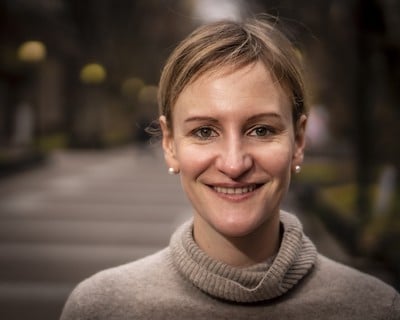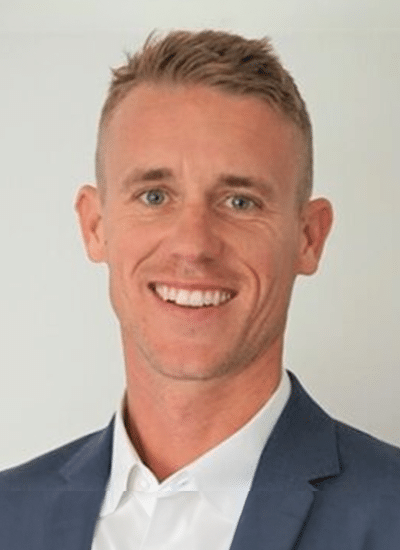Monthly Spotlight
Cameron Sublett and Jennifer Kobrin


Describe your project:
The Education Research & Opportunity Center at the University of Tennessee Knoxville (UTK ERO) and Goodwill Industries-Knoxville recently received funding from the Tennessee Department of Economic and Community Development’s Digital Skills, Education and Workforce (DSEW) program to carry out a collaborative project to provide the hundreds of aspirational but disadvantaged high school and adult participants served each year by the five federal TRiO programs housed in UTK ERO with the digital skills necessary to thrive in college and/or the workforce. The collaboration leverages the complementary strengths of both organizations. UTK ERO provides high-touch, high-impact college access and persistence services, on- and off-site, to low-income, first-generation students and adults in the East Tennessee area. Goodwill Industries-Knoxville is a leader in providing East Tennesseans with quality opportunities to obtain basic and advanced digital skills. Combined, UTK ERO and Goodwill have over 40 years of experience serving DSEW target populations.
What’s your why?
Seventeen of the 20 counties served by the TRiO programs within ERO lack access to digital technologies needed to thrive in college and the workplace. Feedback from our participants confirm these data: A common refrain among our students is that many do not have access to reliable, high-speed internet to complete their schoolwork and/or apply for college. These students also say they are unable to afford the hardware and software needed to succeed in college and the workplace. The school leaders and educators we have worked with for years also agree that the students and adults we serve experience stratified access to, and training in, in-demand, marketable digital credentialing opportunities that would boost their employment and postsecondary prospects. Our DSEW project aims to close these access and skills gaps.
Important lesson learned for people who are doing this work.
Individuals who may face barriers to opportunity also bring knowledge, wisdom, and resources to share. Training opportunities that build in peer learning and multiple forms of engagement can be key to retention. Listening to participants should happen throughout the life of a project and include both formal and informal methods like interviews, casual conversations, surveys, etc. We are currently refining our curriculum through focus groups and a survey to better understand the needs of individuals being served by the project. We’ve also learned that there are amazing organizations within our community that bring many assets and experiences to partnership. In our case, partnering with Goodwill Industries-Knoxville has been one of the most rewarding aspects of the project and we are excited to grow our partnership with them.
Impact made on UT and the community.
In seeking to lift up the college and career opportunities of the most disadvantaged high school and adult learners in our community, our DSEW project embodies the Volunteer Spirit while directly serving the land grant mission of the University. This project will equip hundreds of our TRiO participants with tangible, real world skills that they can apply immediately in their lives. Our work in this project also reminds folks in our community of the ways in which UT – and public universities more broadly – can enrich the communities they serve. Universities don’t have to ivory towers; universities can be engines of community engagement, outreach, and service